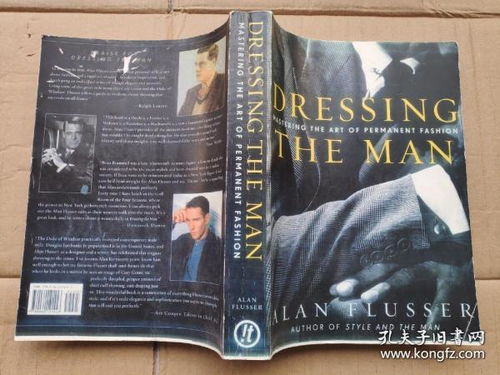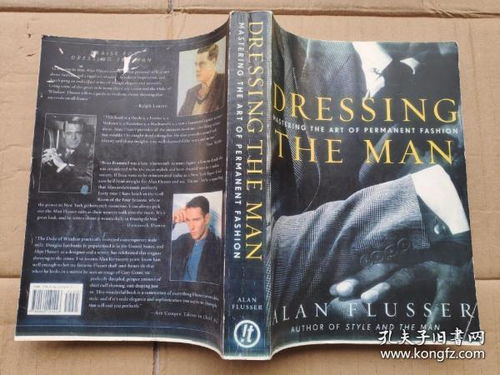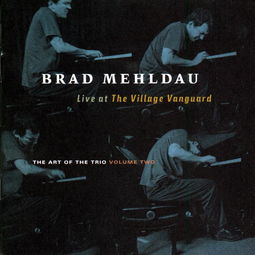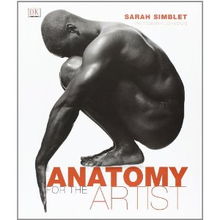Content:
In the serene world of angling, there's more to fishing than just casting a line into the water. For those looking to turn their passion for fishing into a profession, mastering the art of angling is crucial. Whether you're aiming to become a guide, a fishery manager, or simply want to enhance your skills for personal gain, here are some essential tips and tricks to help you on your journey as an angling worker.
Understand the Basics of Angling
Before you can excel in the field, it's important to have a strong foundation in the basics of angling. This includes understanding different types of fishing gear, the behavior of various fish species, and the environmental factors that can affect your success.
- Fishing Gear: Familiarize yourself with different types of rods, reels, lines, hooks, and lures. Each piece of gear serves a specific purpose and knowing how to use them effectively is key.
- Fish Species: Learn about the habits and preferences of the fish you want to catch. This knowledge will help you choose the right bait and tackle, as well as understand when and where to fish.
- Environmental Factors: Understand how weather, water temperature, and flow rate can impact fish behavior. This knowledge will help you make informed decisions about when and where to fish.
Develop Your Casting Skills
One of the most important skills for any angler is casting. A good cast can save you time and energy, and can make the difference between a successful day on the water and a frustrating one.
- Practice Regularly: Like any skill, casting requires practice. Spend time honing your technique, focusing on accuracy and distance.
- Use a Casting Reel: A casting reel can greatly improve your casting ability. Learn how to use it effectively and make adjustments as needed.
- Understand Wind and Current: Learn how to compensate for wind and current when casting. This will help you reach your target more consistently.
Learn to Read the Water
Reading the water is an essential skill for any angler. It involves understanding what the water is telling you about the fish and their behavior.

- Observe the Surface: Look for disturbances in the water, such as splashes or ripples, which can indicate the presence of fish.
- Study the Bottom: Understanding the bottom structure can help you predict where fish might be holding. Look for areas with rocks, weeds, or other structures that fish might use for cover.
- Use a Fishfinder: If you're fishing in deeper waters or want a more detailed understanding of the underwater terrain, a fishfinder can be invaluable.
Develop Your Knowledge of Bait and Lures
The choice of bait or lure can make or break your fishing trip. Knowing what to use and how to use it effectively is a critical skill.
- Research Local Species: Different fish species have different preferences when it comes to bait. Research the species you're targeting and learn what they eat naturally.
- Experiment with Lures: Don't be afraid to try different lures and techniques. Sometimes, the most unexpected lure can catch the most fish.
- Understand Bait Presentation: How you present your bait or lure can be just as important as what you're using. Learn how to mimic the natural movement of prey to attract fish.
Stay Informed About Fishing Regulations and Safety
Fishing regulations vary by location, and it's important to stay informed to avoid legal issues and to ensure sustainable fishing practices.
- Familiarize Yourself with Local Regulations: This includes size limits, bag limits, and seasonal restrictions. Ignorance is not an excuse.
- Practice Safe Fishing: Always wear a life jacket when fishing from a boat, and be aware of your surroundings to avoid accidents.
Network with Other Anglers and Professionals
Networking can provide you with valuable insights, tips, and opportunities. Join fishing clubs, attend workshops, and connect with other anglers and professionals in the field.
- Join a Club: Clubs can provide a community of like-minded individuals, access to resources, and opportunities for learning.
- Attend Workshops: These events can offer hands-on training and the chance to learn from experts.
- Connect with Professionals: Building relationships with guides, instructors, and other professionals can provide you with mentorship and potential job opportunities.
Conclusion
Becoming a skilled angling worker requires dedication, practice, and a willingness to learn. By understanding the basics, developing your casting skills, learning to read the water, knowing your bait and lures, staying informed about regulations, and networking with others, you'll be well on your way to a successful career in angling. So, grab your rod, cast your line, and start mastering the art of angling today!












